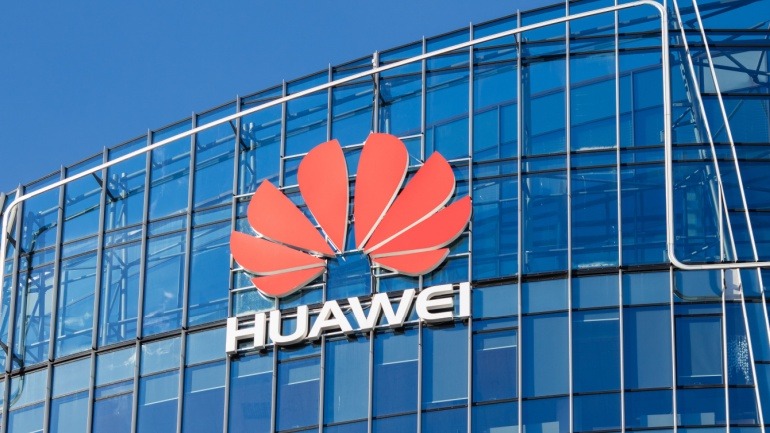China’s Ministry of Industry and Information Technology (MIIT) has recently unveiled a new pilot scheme aimed at easing foreign ownership restrictions on a variety of value-added telecom services (VATS). This groundbreaking move reignites excitement in the telecom industry, especially in the four designated regions of Beijing, Shanghai, Hainan, and Shenzhen, where the scheme is set to be trialed.
These regions hold a significant stake in subsectors of the telecom industry, such as data centers, content delivery networks, and internet service providers. However, the existing governmental policy, which limited foreign ownership in these vital spheres to only 50%, has now been revised. The pilot project aims to bring these industries in line with international trade and economic development norms, thereby encouraging diversity and fostering innovation.
“If successful, the project could be further expanded to include additional subsectors of the telecoms industry,” according to government officials. Reflecting this sentiment, Jin Zhuanglong, the head of the MIIT, observed in a recent statement: “Advancing new industrialization requires deepening reforms and expanding openness.”
Indeed, this bold step by the Chinese government towards liberalizing foreign investment is not restricted to the telecoms sector alone. They also plan to waive off market access restrictions on foreign investments in manufacturing and considerably tone down the same in healthcare and finance sectors.
The news of this unexpected reduction in red tape by the Chinese government comes as a breath of fresh air, especially during these times of increasing isolationism. Given the burgeoning interest in AI technology, this could prove to be a game-changer for cloud-based operators seeking to strengthen their hold in China’s rapidly digitalizing economy.
Yet, a word of caution is in order. The Chinese telecom market has been heavily dominated by domestic investors for over two decades, with foreign companies only being able to stake a claim of up to 50% in Chinese VATS with a government license – a permission granted sparingly. Therefore, although this latest policy change holds promise, the practical implementation is contingent on how liberal the Chinese government decides to be when issuing operating licenses.







